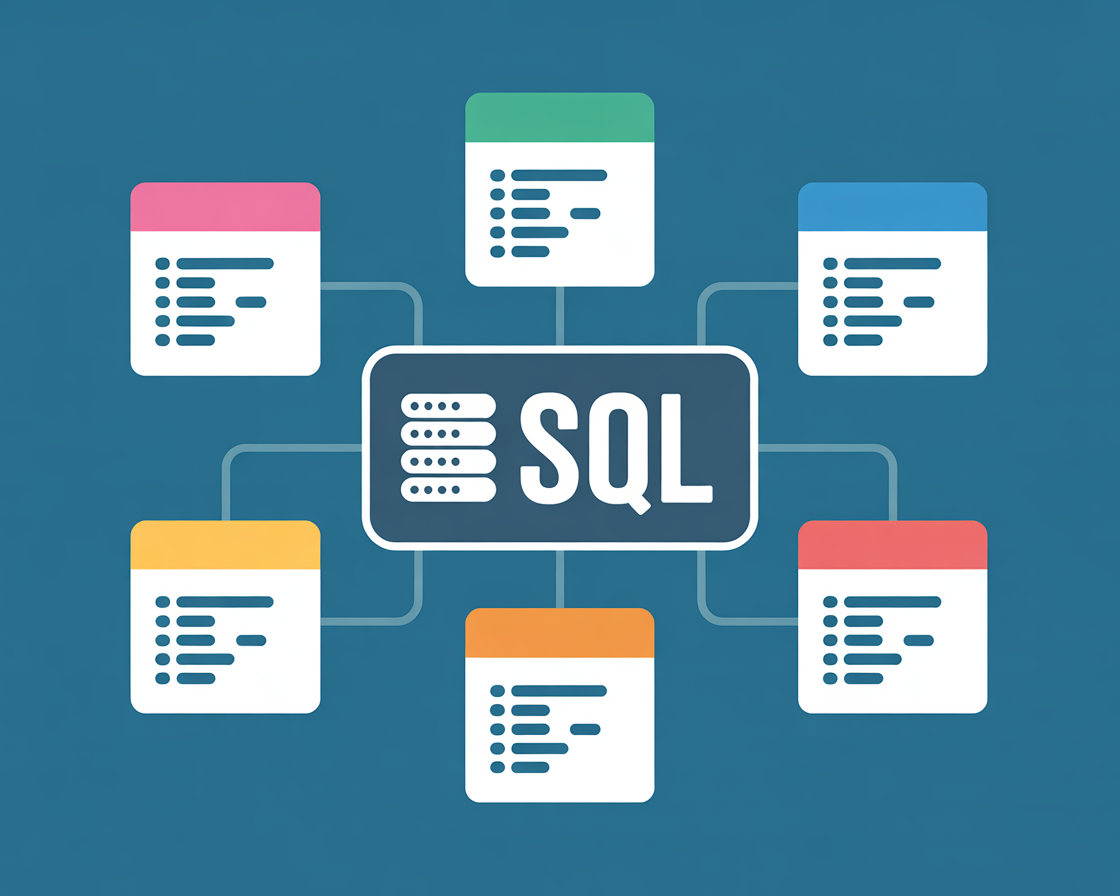

- Éducation
Future of Online Learning: Top Trends for 2025 and Beyond
Hi everyone, it’s S. K. from E-newcademy, I’m back with a new article after 2 weeks of absence!
Today, we’re diving into the exciting future of online courses—what’s ahead with the best online courses 2025?
Did you know? The world and technology are in constant flux, with AI innovations over the past three years showcasing this transformation!
Online courses are evolving, enhancing tools and methods with innovative online learning programs,
The 2010s online learner differs vastly from those of the 2020s and 2030s, with future generations adopting new learning styles.
So what are the clues as to how we’ll be learning online in the next few years?
A first step: artificial intelligence – a personalised learning !
This is a trending and transformative path, often featured in news about online AI courses.
Artificial intelligence is booming in the world of online courses;
Its use, its tools or the various projects to include AI in online courses are growing all the time.
Let’s take a look at some concrete examples:
– When you want to learn to code, you have access to an AI like ChatGPT4 integrated into the course to help you if you run into difficulties.
Struggling to locate the right code after a few minutes? Let AI in online computer courses provide expert tips!
Can’t understand the error message in the compiler? The AI is there to explain the situation.
AI can be used in a pedagogical way to increase the learner’s understanding of the various problems associated with learning code.
If learning code used to seem intimidating or even complicated at first, especially when it took a long time to understand the issues, today AI brings a big helping hand!
The opportunities for using AI are still numerous.
Need to summarize or quickly surf course PDFs? Use ChatPDF!
Need to take quick and easy notes? Use Talknotes
Need to create mind maps for your online courses? Complement your google browser with the Jungle extension!
The potential is vast with free online courses, eliminating tedious note-taking or mind-mapping—today, it’s effortlessly accessible.
Track 2: Virtual reality!
Virtual reality is an exciting emerging technology poised to revolutionize online VR courses,
It can already be used for a variety of games, including PlayStation games such as Ace Combat 7 and Resident Evil 7.
We’ve also seen escape games and collective FPS games in VR, and Apple has also released its VR headset, although it’s not yet widely available.
But in the next few years, around 2030 or so, VR may be introduced for a wider range of uses.
This could include online VR programs and face-to-face courses, offering a more visual and immersive pedagogy.
For example: surgery courses also require a lot of practice, so that future doctors can perform the many medical operations with a low error rate.
Instead of using expensive training equipment, or requiring students to be systematically present, VR can offer the possibility of simulating operations remotely.
This would be unprecedented and practical, even for students who need to learn online but can’t afford to attend face-to-face courses and travel.
Indeed, some disciplines, like hands-on medical training, still demand in-person presence alongside online learning.
You can’t become proficient in surgery just by learning it from behind a computer screen.
Track 3: some programs will change.
This is obvious over time, because we haven’t necessarily learned the same things as our ancestors, as technologies, innovations, knowledge and needs change.
And here’s proof: the French Ministry of Education would like to include AI courses for high school and college students from the start of the school year in September 2025.
In contrast, my only IT courses were at the age of 12, when I learned how to search for an image and send an e-mail using a LaPoste mailbox.
After that, let’s say I’ve already had excel lessons in HND business management, but that’s where it stops, there’s never any AI or code!
This highlights how rapidly technology is evolving in the 21st century, shaping a vastly different landscape with online education programs
This contrasts with the 20th century, when people learned almost the same things, with a few exceptions like the emergence of computing.
Let’s explore this further!
What do you think the next generation will learn differently from us today?
And what could these potential online courses be in the future?
I tell you, they’ll learn:
-AI: because it’s becoming as indispensable a tool as the calculator, the compat or the computer.
-Code: AI facilitates access to coding, and code can be used in many fields such as data, business and marketing, or even aerospace.
– Health sciences: we’re already learning about them, but the future will take them to another dimension.
With growing concerns over nutrition and advanced tech, online health science courses are set to become more accessible than ever.
To be precise: we’re not just going to talk about sexual reproduction like we do in biology classes!
Other topics will be on the agenda, such as nutrition, mental health, good physical practices for staying healthy, managing musculoskeletal disorders, etc.
At first glance, this may seem an odd approach, but it’s one that’s being tackled with increasing urgency.
Future generations will be able to manage these future health-related problems and preserve themselves by combining innovations and this knowledge.
For example, we could see future jobs such as a hybrid sports-nutrition-health coach, using a full package of skills and tools to support patients in their physical health.
It’s something to think about!
How about a final look at the future of learning, including online learning?
I’m exploring micro-learning and nano-learning trends, gaining popularity in online learning courses for students, employees, and employers!
Indeed, getting a diploma is a good thing, but the problem with diplomas is manifold.
Traditionally, earning a diploma demands significant time and financial investment over one or more years,
The knowledge gained from a diploma is viable at the time it was awarded, but offers no certainty for the decades to come.
This is where micro-learning and nano-learning come in, especially with the latest innovations on the way.
And what will be the trends with these types of learning?
-Skills upgrading for professionals, and even the acquisition of innovative and strategic skills for certain professionals.
For example: if we don’t know how to use generative AI, consider an E-newcademy Free Mooc on generative AI, which will cost nothing and enable us to obtain an innovative skill without spending a lot of money.
Get a diploma at your own pace!
Top online education platforms, including E-newcademy’s partners, offer innovative solutions to overcome constraints of traditional degree programs.
Micro-credentials, mastertracks or even micro-bachelor’s degrees are good solutions to learn at your own pace!
Learn by gradually obtaining credits allows you to remain flexible on your finances and time management.
Opting for flexible micro-learning is a smarter choice than committing to a degree unless you’re ready for its demands.
Ready to dive into the future of online learning courses 2025?
Join thousands of learners and explore a world of cutting-edge online courses powered by our trusted university and platform partners.
From AI courses to online coding programs and health sciences—E-newcademy supports your growth at your own pace with flexible micro-learning and free MOOCs
Start now on E-newcademy.com/en – your future skills are just one click away!
© 2025 E-newcademy SASU All rights reserved.



